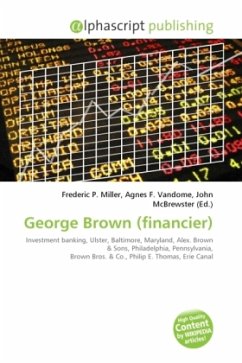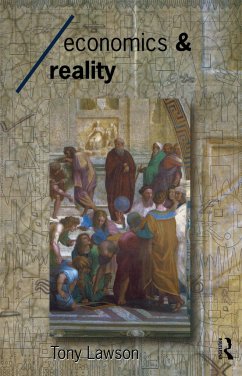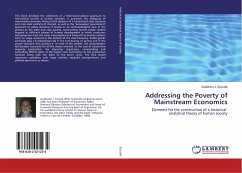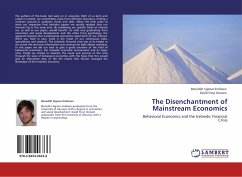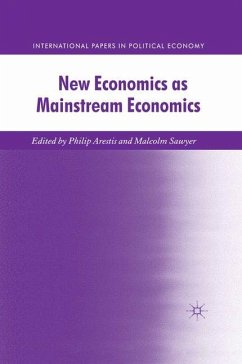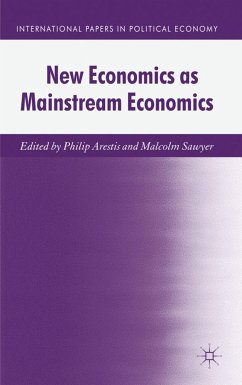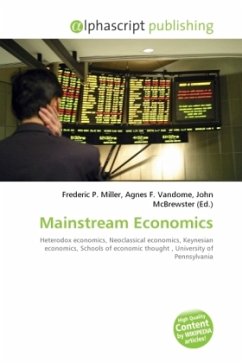
Mainstream Economics
Versandkostenfrei!
Versandfertig in 6-10 Tagen
30,99 €
inkl. MwSt.

PAYBACK Punkte
15 °P sammeln!
Mainstream economics is a loose term used to refer to the non-heterodox economics taught in prominent universities. It is most closely associated with neoclassical economics, or more precisely by the neoclassical synthesis, which combines neoclassical approach to microeconomics with Keynesian approach to macroeconomics. Mainstream economists are not generally separated into schools, but two major contemporary orthodox economic schools of thought are the Saltwater school of the US coastal universities, notably including MIT, Berkeley, and Harvard, and the Freshwater school of the University of ...
Mainstream economics is a loose term used to refer to the non-heterodox economics taught in prominent universities. It is most closely associated with neoclassical economics, or more precisely by the neoclassical synthesis, which combines neoclassical approach to microeconomics with Keynesian approach to macroeconomics. Mainstream economists are not generally separated into schools, but two major contemporary orthodox economic schools of thought are the Saltwater school of the US coastal universities, notably including MIT, Berkeley, and Harvard, and the Freshwater school of the University of Chicago, which is associated with the Chicago school of economics. The Saltwater school is associated with Keynesian ideas of government intervention into the free market, while the Freshwater schools are skeptical of the benefits of the government. Mainstream economists do not, in general, identify themselves as members of a particular school; they may, however, be associated with approaches within a field such as the rational-expectations approach to macroeconomics.




